Fuel cells on rails are not only talked about in the north. Numerous municipalities and regions have meanwhile turned their attention to this promising form of propulsion. The most advanced up to now is Hesse, where Germany’s first serious thought had been given to FC trains and 27 H2 drive units have now been ordered following a successful tender.
But something is also happening in Brandenburg and the Zillertal.
As in Schleswig-Holstein, there was also a tender in Hesse last year for the purchase of new trains and their maintenance, with the subtle difference that fuel cell technology prevailed here. The Rhein-Main-Verkehrsverbund (RMV) and the state of Hesse had agreed to test new technologies in the Taunus region. This involves a total of 27 drive units which are to be used from December 2022 for the Taunus Railway, which previously operated diesel locomotives. The hydrogen for this could come from Industriepark Höchst.
In mid-May 2019, fahma GmbH, a subsidiary of Rhein-Main-Verkehrsverbund, signed a corresponding purchase agreement for the entire fleet worth EUR 500 million. Alstom has announced: “In addition to the trains, the contract also includes the supply of hydrogen, maintenance and the provision of reserve capacities for the next 25 years.” Enak Ferlemann, Parliamentary State Secretary in the Federal Ministry of Transport and Digital Infrastructure (BMVI), explained: “The Federal Government supports this investment in climate-friendly mobility by assuming 40 percent of the additional vehicle costs incurred in comparison to diesel vehicles, as well as by providing proportional funding for the hydrogen filling station.”
Hesse’s Transport Minister Tarek Al-Wazir said: “Transport is responsible for one third of greenhouse gas emissions in Hessen. Steam instead of diesel soot is therefore an exciting approach. We will continue to actively support the project and make every effort to ensure that the necessary adaptations to the rail infrastructure around the hydrogen filling station in Höchst progress quickly.”
…
read more in H2-international July 2019


















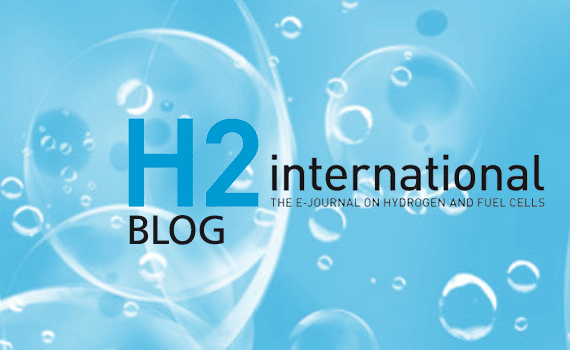
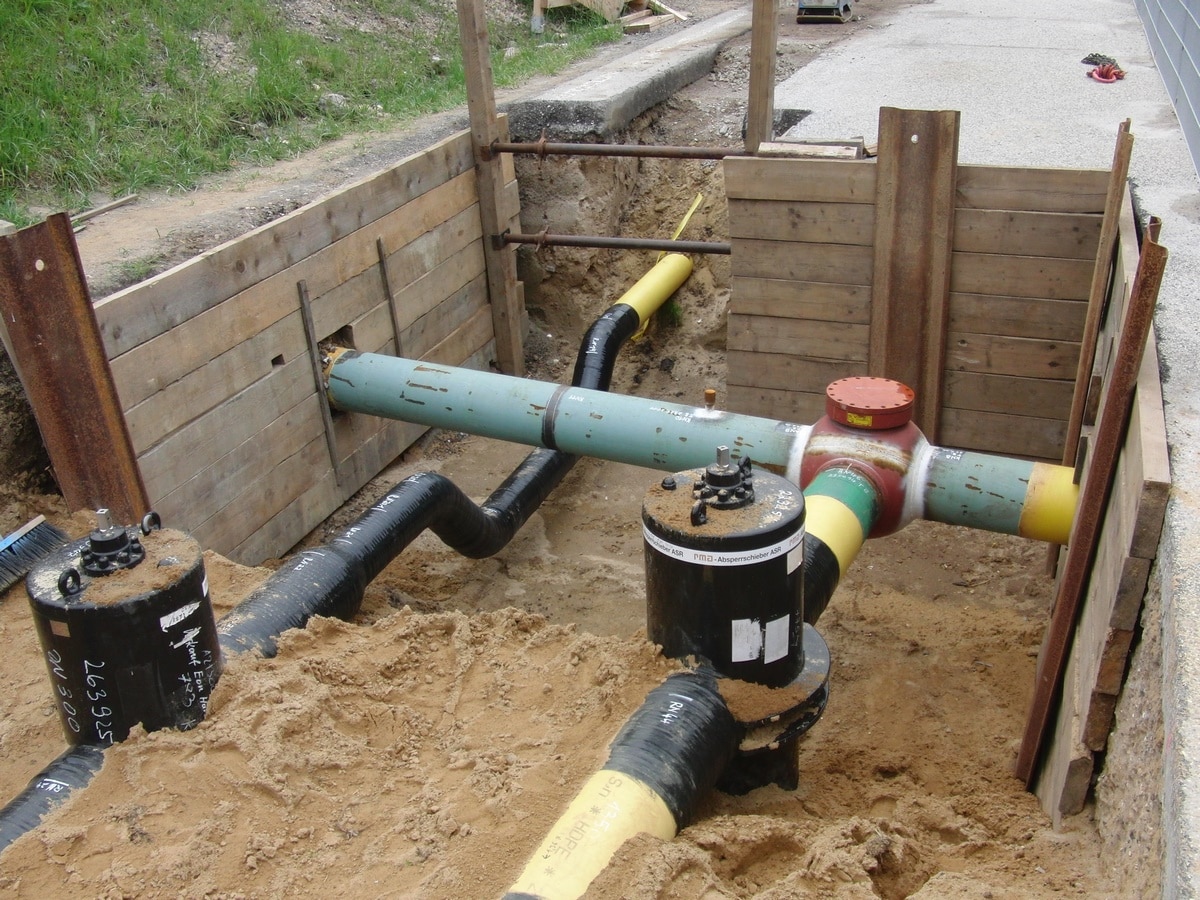
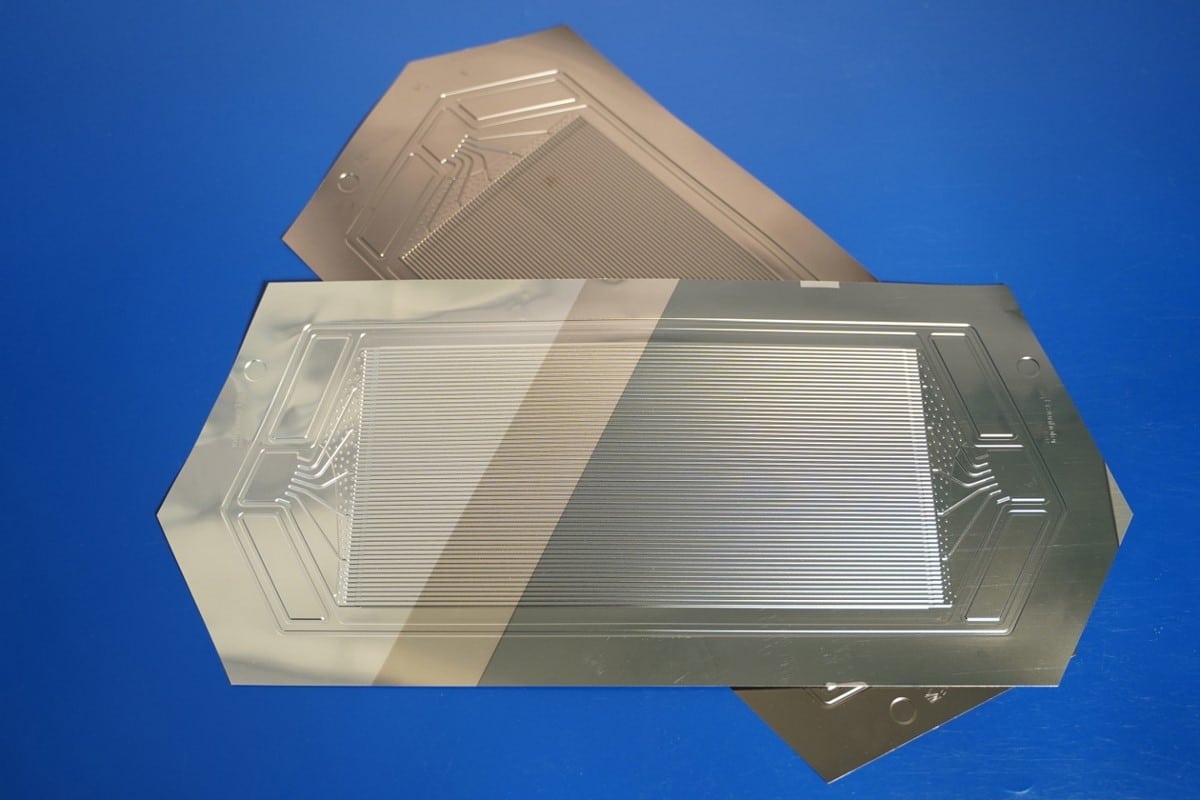
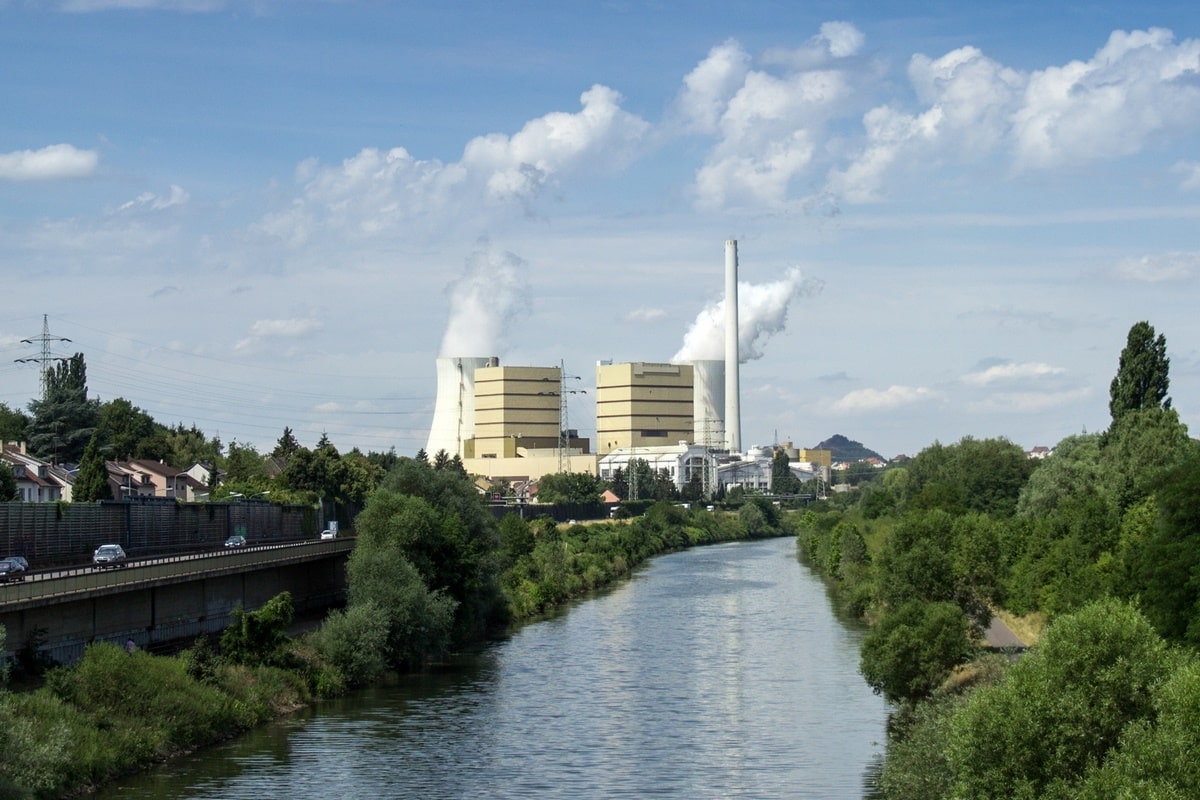
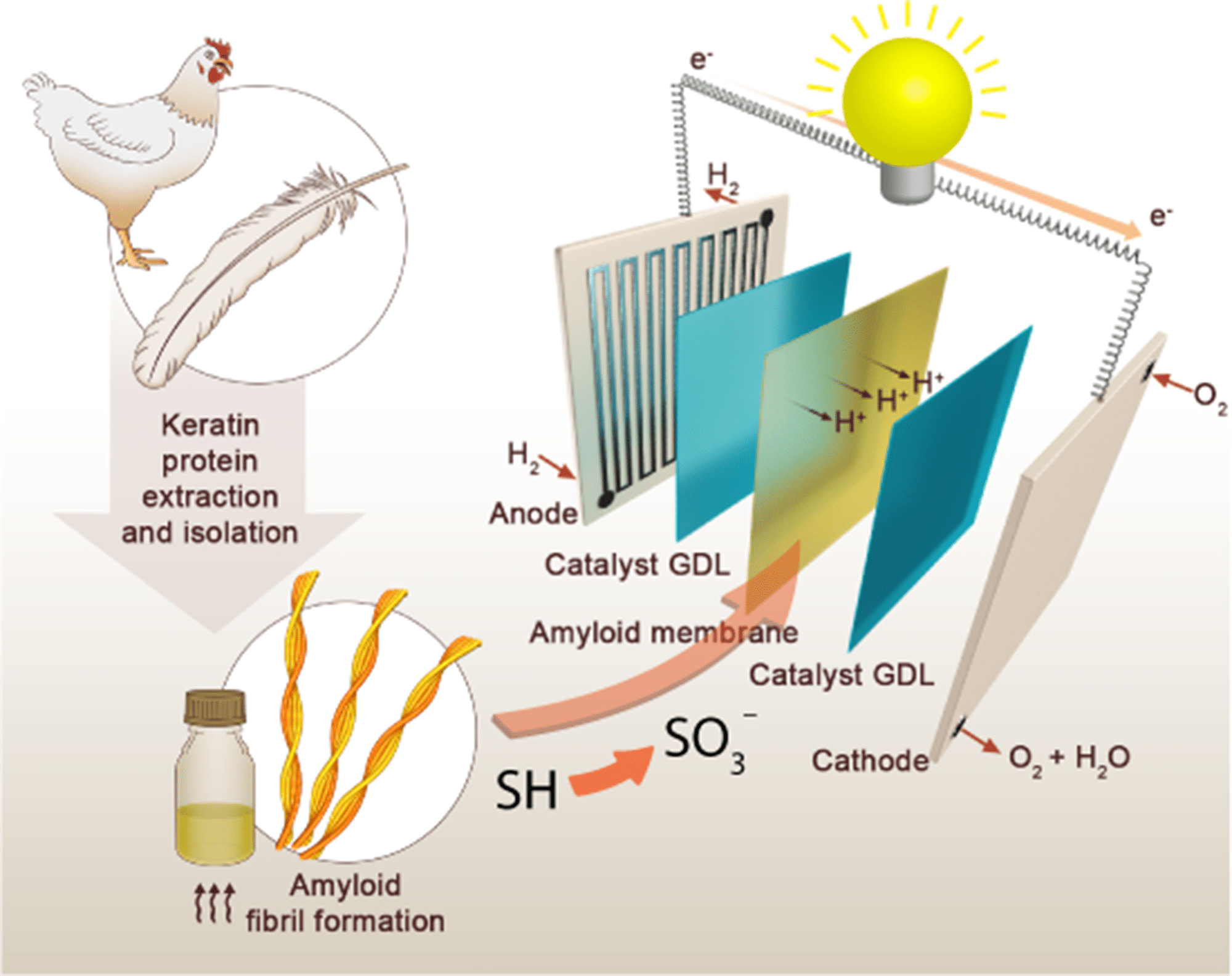
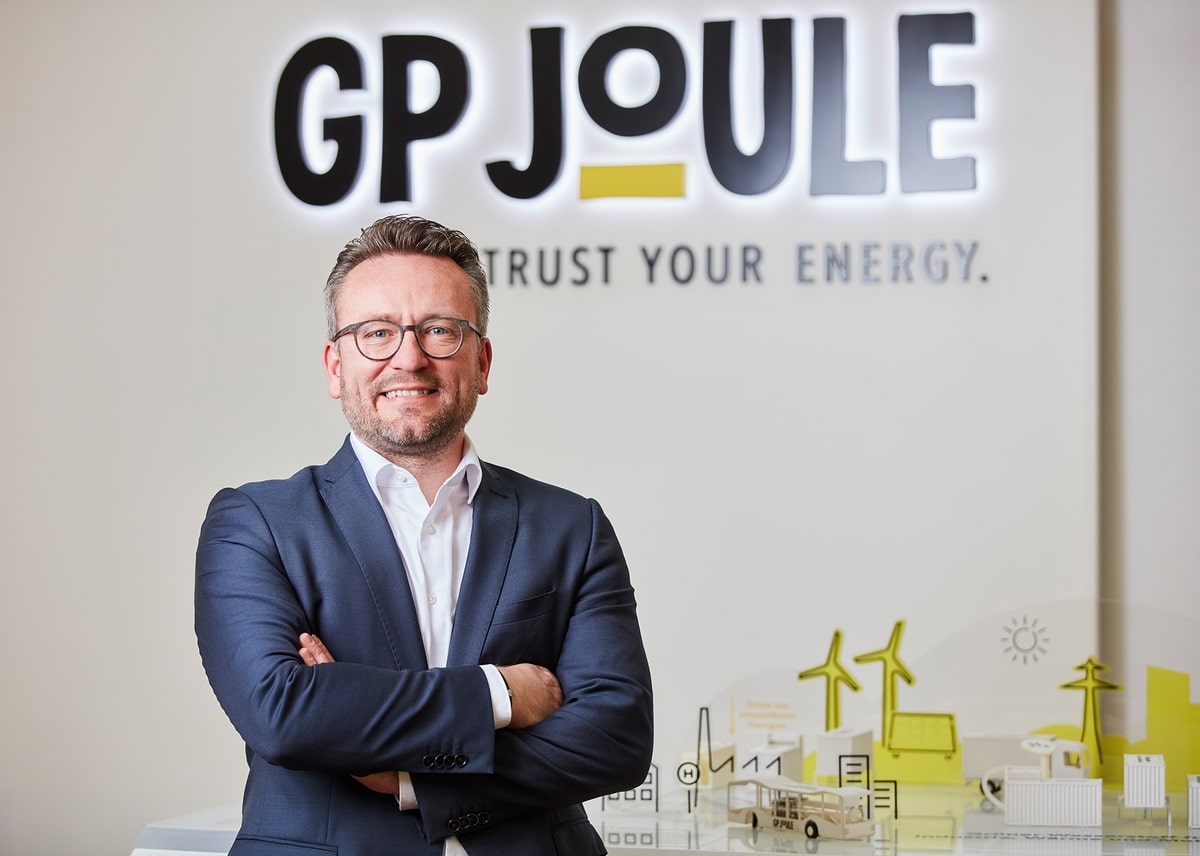
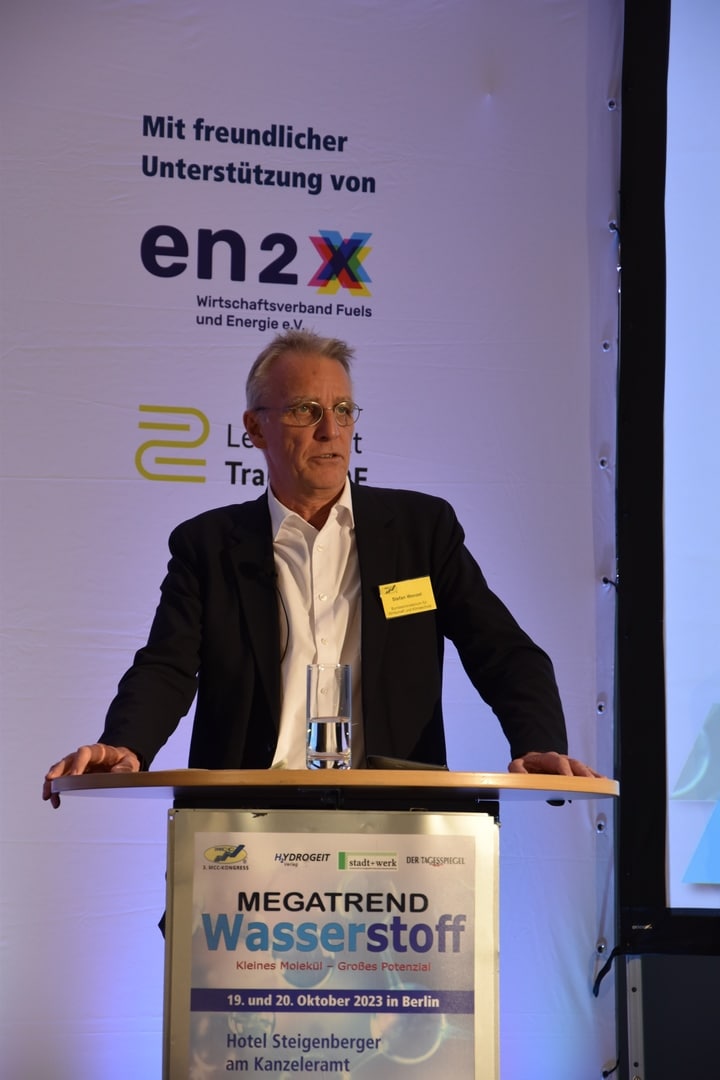
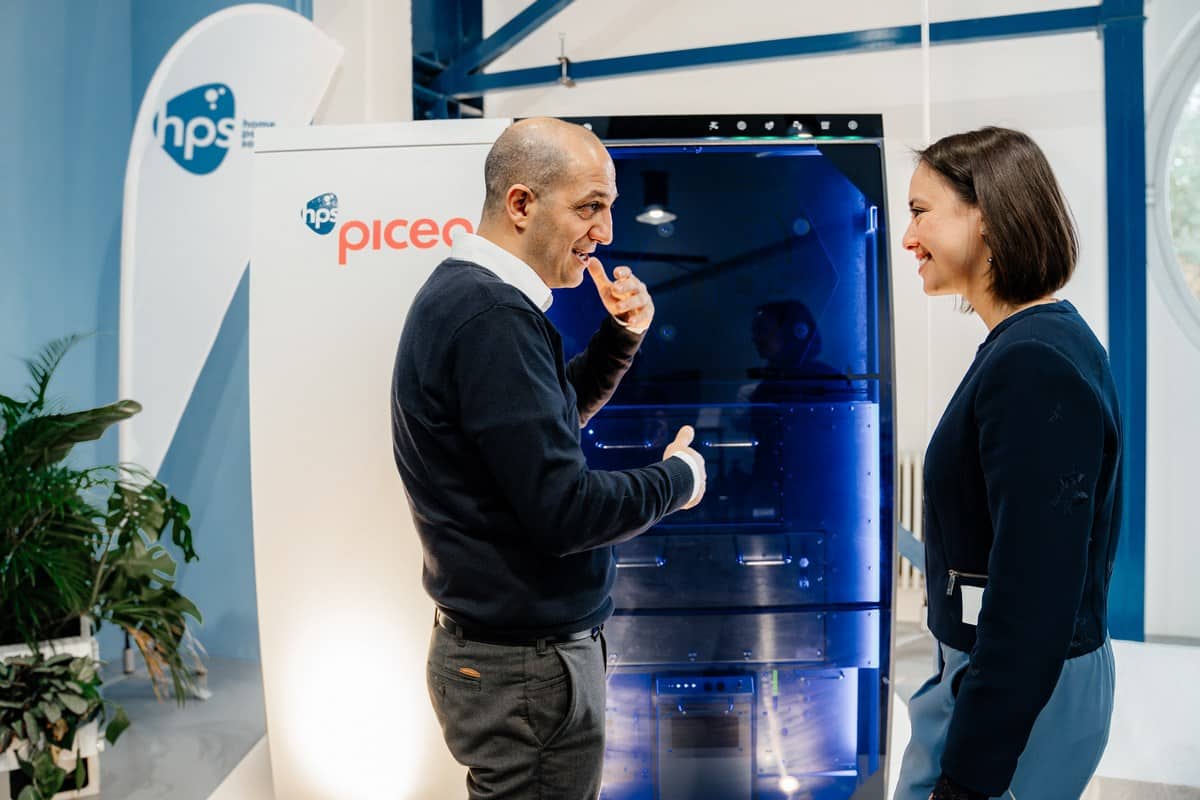
0 Comments